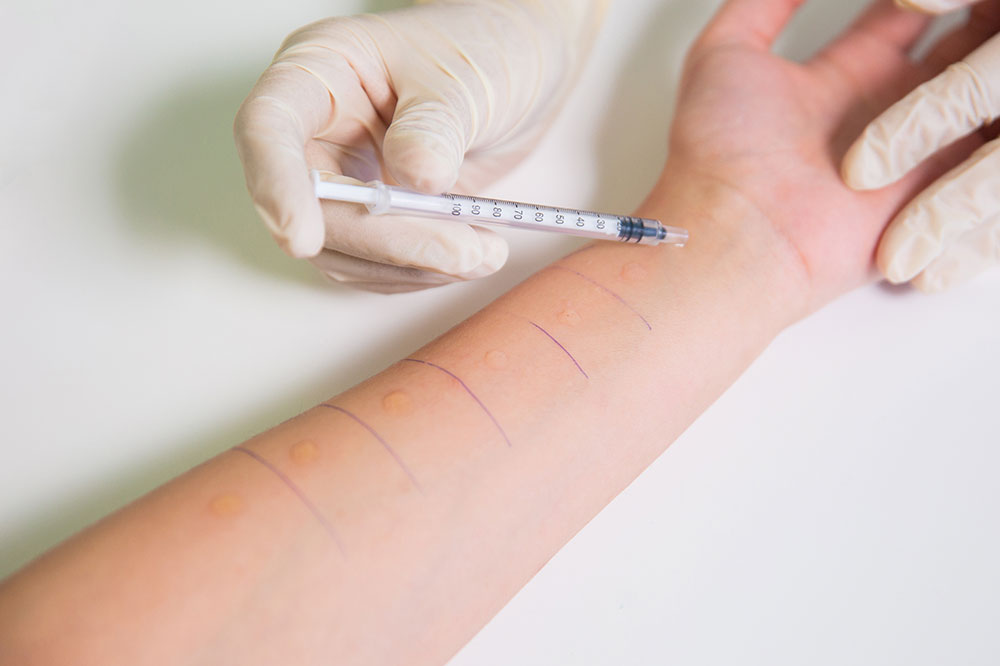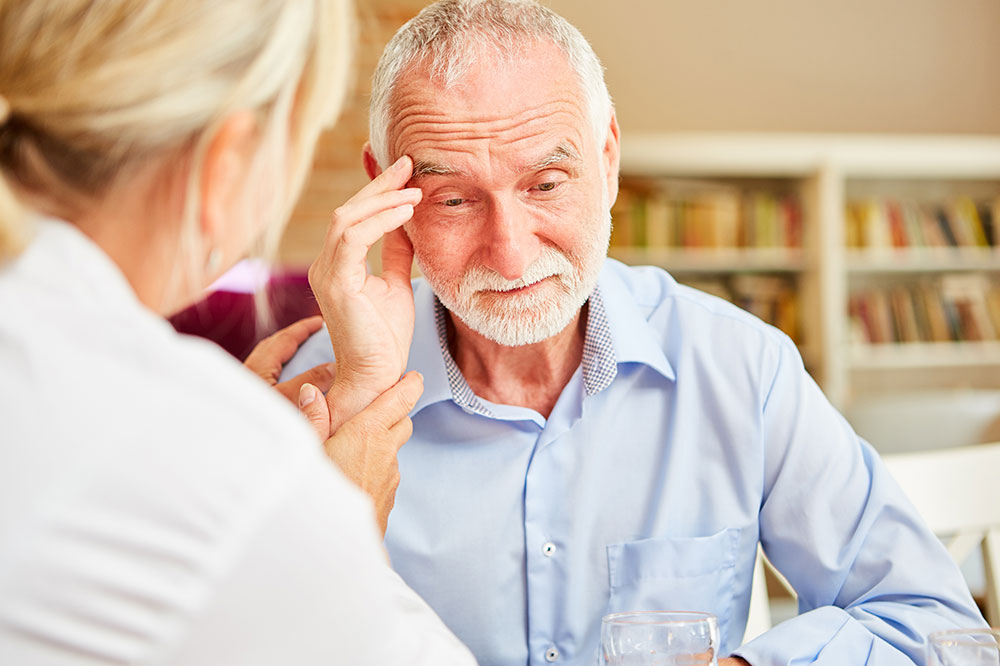4 questions to ask the oncologist without getting embarrassed

Early diagnosis and active planning is the only way to manage long-term outlook regarding cancer. So, it is necessary to have a conversation with the doctor and specialist to try and understand the next best course of action. It is during this discussion that one must not hesitate to have an open dialogue about cancer, regardless of probable embarrassment, as the key to proper treatment may just be the answer to one of these questions.
4 questions to ask the oncologist without embarrassment
Asking if the cancer is rare or common
There are many types of cancer and dozens of risk factors and underlying causes that impact its progression. So, it is necessary to ask the doctor if the cancer is rare or commonly diagnosed. Rare cancers have little to no treatment options since most studies and clinical trials are not concluded for them. There is no definitive guarantee for commonly diagnosed cancers either, but with early and prompt diagnosis, it is possible to treat it and improve quality of life successfully. So, it is imperative to determine the type, its progression, and its stage to help plan a treatment regime.
Asking about the best course of action
Different types of cancers, based on severity and progression, can be managed to a significant extent with a proper course of prescriptions, nutrition advice, and daily lifestyle changes. Helping the body adapt to fight cancer and resist mutation gives it a fighting chance to improve its overall outlook. So never hesitate to ask if there are other possible treatments for cancer. This is a valid question. Also, when in doubt, never hesitate to get a second or even third opinion. Oncologists deal with different progressions of cancer. So, it’s quite possible another doctor might be able to prescribe a better course of treatment.
Asking about potential risks and side effects
Cancer, in its advanced stages, progresses quickly and becomes highly invasive, affecting multiple organs and vital body functions at the same time. So, it is necessary to discuss the risks of treatment and understand how common side effects can impact daily lifestyle due to these limitations. Cancer also affects a person’s psyche, with the potential risk of depression, anxiety, and fear. For many cancers, oncologists suggest getting additional counseling and therapy to learn how to manage and overcome the discomforts.
Asking if treatment is beneficial
Many types of cancer are detected only in the advanced stages, and by then, it can be too late to start a new course of treatment. Upon diagnosis only, the doctor can explain the chances of survival, potential problems during treatment, and if it’s even the best course of action at this stage. So, as embarrassing as it sounds, there is absolutely no harm in asking if treatment will be beneficial in the long run. Also, not everybody can afford expensive clinical trials and treatments, as their insurance may or may not cover certain types of cancer. So, it’s also important to ask if there are any free clinical trials or funded programs to address the underlying issue. If not, it is always okay to ask what’s the next best alternative.


